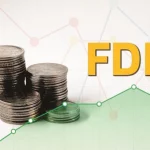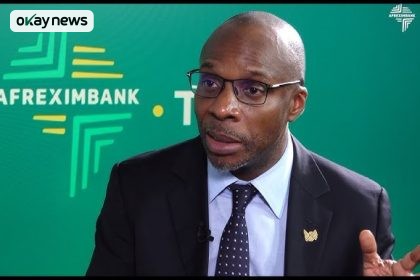The Nigerian Economic Summit Group (NESG) Economic Outlook 2025 has offered a glimmer of hope for Nigerians grappling with soaring inflation and a plummeting currency. In its 2025 Macroeconomic Outlook Report, the NESG projected a decline in inflation to 24.7% this year, a significant improvement from the current 34.80% figure released by the National Bureau of Statistics (NBS).
The report stated, “Inflation is projected to decline to 24.7 per cent, signalling an improvement in the country’s macroeconomic stability.” According to the NESG, this anticipated drop hinges on a crucial factor: better coordination between fiscal and monetary policies. By aligning government spending with targeted monetary interventions, policymakers aim to curb the inflationary pressures that have plagued the Nigerian economy in recent years.
“The effective coordination of fiscal policies with monetary policy measures will drive this anticipated reduction in the inflation rate,” the NESG noted.
However, President Bola Tinubu, upon assuming office, vowed to reduce inflation to 15 per cent in 2025. While the NESG Economic Outlook 2025 projection falls short of this ambitious target, it nevertheless offers a degree of optimism for an economy grappling with severe economic headwinds.
Read Also:
2025 Economic Outlook: Nigeria Economy Poised for 4.17% Growth in 2025, CBN Predicts
Nigeria’s Headline Inflation Hits 34.80% in December 2024, Marking Fifth Year of Rising Prices(
World Bank Forecasts 3.6% GDP Growth for Nigeria
The report also forecasts a notable improvement in the exchange rate, predicting that the naira will average N1300/US$1 in 2025 under an ideal stabilisation pathway. This expected strengthening of the naira is tied to a confluence of factors:
- Higher Crude Oil Sales: As global demand for crude oil stabilises, increased production and export from Nigeria are projected to bolster foreign exchange earnings.
- Resurgence of Oil Refining: The ongoing resuscitation of Nigeria’s oil refining sector is expected to reduce import dependency for refined petroleum products, conserving foreign exchange reserves and easing pressure on the naira.
- Expanded Agricultural Production: Enhanced agricultural output driven by government support and private sector investments is likely to increase Nigeria’s export portfolio, further contributing to forex inflows.
“This anticipated improvement reflects the combined impact of higher crude oil sales, expanded manufacturing output due to the resuscitation of the oil refining sub-sector, and increased agricultural production, all contributing to enhanced foreign exchange (forex) earnings,” the NESG stated.







